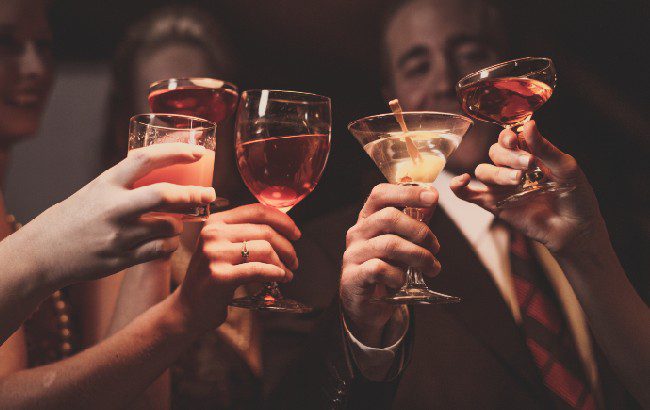Free drink sampling boosts brand advocacy
By Georgie CollinsNew research has revealed the long-term brand-building benefits of free drink sampling, which could lead to a sales increase of up to 150%.

In a ‘first-of-its-kind’ report from nightlife and bar discovery app Dusk and leading marketing platform System1, it was found that drink sampling when combined with advertising delivered increased brand awareness, more intense positive feelings, and reduced price sensitivity for consumers.
“Drinks marketers looking for the perfect brand-building mix can add both sampling and advertising to their recipe, as this first-of-its-kind research demonstrates the cumulative impact of these tactics,” said Sophie Abrahamovitch, CEO at Dusk.
“We not only used behavioural science to look at how drink sampling works, but outlined best practices derived from our comprehensive study to help brands make their sampling campaigns more effective.”
Jon Evans, chief customer officer at System1, added: “Both established brands and newcomers face competition in the drinks industry today, especially given the growth in the low-no-alcohol market.
“When brands provide try-before-you-buy opportunities and invest in creatively effective marketing via channels like TV, streaming, radio and social media, they can drive profitable long-term growth in an increasingly saturated market.”
The two companies surveyed almost 850 consumers and found that free drinks sampling led consumers to spend an additional £13 in-bar for every sample redeemed, leading to a 106% and 150% sales increase at sampling sites for two brands.
Those two brands, a legacy premium brand (Brand A), and a newer brand (Brand B), were sampled at hundreds of different venues across the UK, and graded using a star rating.
The two brands were marked from 1.0 to 5.9 stars, and the metrics evaluated were: fame (how famous the brand is to reflect current brand share); feeling (what emotions do people feel about a brand and the intensity of these emotions to predict future brand share); and fluency (how distinct the brand is to enable them to charge a premium).
The brands were subsequently sampled by a control group that was split into two parties: Group A and Group B.
Group A consisted of Dusk users who sampled Brand A, while Group B was made up of Dusk users who had a free sample from Brand B.
Both Brand A and Brand B saw a star rating increase from 2.4 to 3.8 stars (+1.4 points) when compared to a control group made up of 70% of Dusk users that did not receive free samples or either brand.
Positive results
The sampling was found to help brands come to mind more easily up to six months after the tasting occurred, and samples alongside advertising exposure caused the largest increase in awareness.
The combination of advertising and sampling led to more consumers agreeing that a brand offers “great taste,” is “getting more popular” and is “trustworthy.”
The companies say this demonstrates ‘a large positive effect’ on top-of-mind awareness and unaided awareness, with increases between 100%-300% and 145%-183% respectively.
Sampling also resulted in consumers feeling more happiness towards brands and less neutrality, as well as greater emotional intensity. While sampling increases emotional intensity more than advertising alone, the largest effect is when consumers are exposed to both, showing that including sampling in advertising campaigns makes advertising more effective.
Sampling a particular drink was also found to make it ‘more distinctive’ for consumers, allowing brands to charge a premium for the product.
In March, Dusk turned to AI software ChatGTP to create ‘the best cocktail in the world’.
Related news
Drink flights, dive bars and more: cocktail trends for 2026
